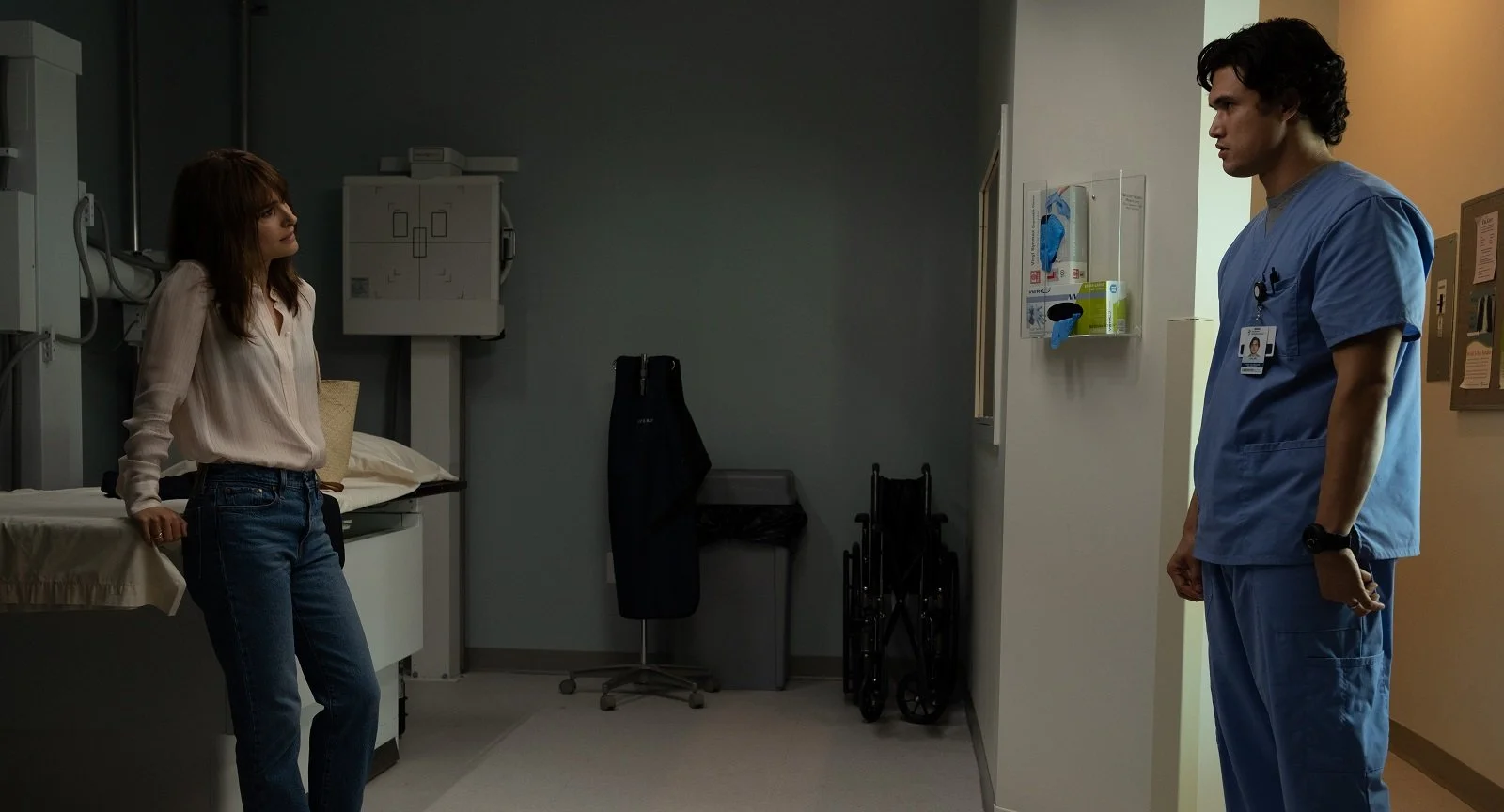IR Film Review: MAY/DECEMBER [Netflix]
The idea of art trying to imitate life comes down to motivation of the characters. Director Todd Haynes is known for being able to take difficult subject material and either progress it back and forth over the line. This aspect of human nature or sexuality is his forte. "May/December" exists in a different realm than say "Carol" or "Far From Heaven" since the motivations figure in peripherally as effects (or rather after-effects) of the central narrative of the story. Elizabeth Berry (Natalie Portman) arrives in a small town in order to study Grace Atherton (Julianne Moore) whom she is going to portray in what seems like a TV movie. Atherton's infamous claim to fame (since this is based on a true story) is that she married a student she got involved with when she was working at a pet store. She went to jail for a time but eventually started a family with the same student (even though she had a previous family in the same town with another man). She gave birth to twins in prison.
Moore, in an interesting way (and because of her shorthand and trust with director Haynes), plays this woman almost as a ghost. You can see all her flaws, her strength and idiosyncrasies. You never quite get to the fact of why she did what she did. The way Berry (Portman) goes about her interview process leads her to believe that most of the locals and even Athertons's ex-husband or kids don't know why. They say Atherton didn't think anything was wrong with what she did because they were in love. Obviously there was. Portman produced this picture and brought it to fruition. This is the arena where streamers like Netflix can take risks versus say the studios but still attract big name actors with a moderate mid range budget (which would not work for theatrica -- but works in balance here). The younger husband in question here is Joe (played by Charles Melton -- who played Reggie on The CW's "Riverdale").
As time moves on in the movie, Melton's is the most subtle and tragic story since he is quite adeptly able to capture the maturity, lostness, regretfulness, naivite and responsibility part of this man (now 36). Portman's Berry is the same age as Joe and that is an interesting parallel which comes together in a later scene which richly shows the issue at hand very specifically but on two different levels. Like with "Black Swan" but not as dark or theatrical, Portman, with her understanding of psychology, taps into a very human but also unapologetic view of what she is doing -- and what her character, as an actress, is doing. That is what makes this movie work on a deeper level.
Haynes knows the strengths of the actresses he works with and they know too that he will optimize that to best use. One scene in a bathroom where Atherton ends up doing Berry's make up in her own style is very telling because Haynes keeps it in a two shot. This way at the end (or towards the end) there is a one-shot scene which is basically Portman as Berry workshopping directly to camera (before the actual shooting of whatever the TV movie will be). This bit is brilliant because it is true (in as much as Portman as Berry can make it). Whether that offends the people she is portraying is almost irrelevant. She doesn't judge them but she is them as much as she can intrepret what she sees. A-
By Tim Wassberg




